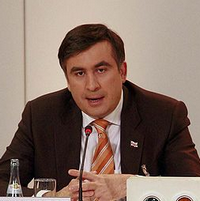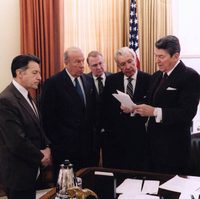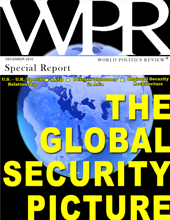
Two weeks ago, the Patterson School of Diplomacy and International Commerce graduated its 50th class. Having completed not only an 18-month program of study but also a gamut of comprehensive exams, the roughly 30 graduating students are now ready to enter the foreign-policy workforce. But the Patterson School is just one element of an archipelago of schools focusing on international policy that collectively helps staff the Foreign Service, the intelligence community, a variety of non-governmental organizations, and corporations with international divisions. Other schools with the same mission include the Elliot School of International Affairs at George Washington, the Walsh School […]





